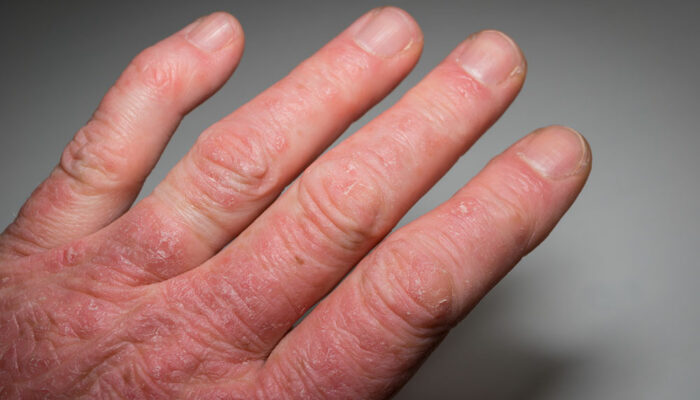
Hepatitis C – Causes and Symptoms
Hepatitis C is caused by a viral infection. The condition is characterized by liver inflammation and can even lead to severe complications of liver damage. The virus usually spreads through contact with contaminated blood. Today, there are a plethora of medications available to help slow down the infection and control it. This article discussed the symptoms and causes of hepatitis C.
Symptoms of hepatitis C
Some of the signs and symptoms of hepatitis C that manifest themselves after some time are:
1. Body tiredness
When the hepatitis C virus attacks the body, one’s immune system gets activated. It tries to fight off the infection and tends to overwork in the process. This leads to fatigue and drowsiness.
2. Loss of body mass
Initially, when the body is continuously attacking the virus from setting in, there is a loss of appetite. This makes the patient reduce food intake, which leads to loss of weight over a while.
3. Colored urine
Since the liver goes through changes after being impacted by the hepatitis C virus, the urine starts becoming dark-colored. The color is due to a build-up of bilirubin, an element that the liver is unable to break down. Hepatitis C can also lead to ascites or fluid build-up in the abdomen.
4. Skin and body changes
With hepatitis C, the individual can start having itchiness on the skin like an allergic reaction and may suffer from easy bruising and bleeding. There could also be significant swelling in the legs.
5. Jaundice
This is rare but can occur in patients whose liver is severely impacted by the hepatitis C virus. Both the eyes and skin exhibit a yellow discoloration.
Causes of hepatitis C
The disease in itself is caused by the hepatitis C virus. However, the main reasons for contracting the virus could be due to:
1. Contaminated blood
When a person comes in contact with blood that is already contaminated with the virus, the infection spreads into the uninfected person’s bloodstream. Many genotypes have been identified as markers for diagnosing hepatitis C. Sometimes even the treatment plans depend on the viral genotype.
2. Tattoos or body piercings
If one decides to get a tattoo or body piercing, they must reach out to a professional with a reputation for hygiene. Using reused needles or those which are not properly handled can cause issues.
3. Sex
Unprotected sex can cause hepatitis C. While the risk of spread through sex is low, it is indeed a way through which the hepatitis C virus can infect an individual.
If one feels that they have been exposed to the hepatitis C virus or some of the symptoms overlap with the ones listed above, it is crucial to reach out to a doctor and get the right diagnosis.



